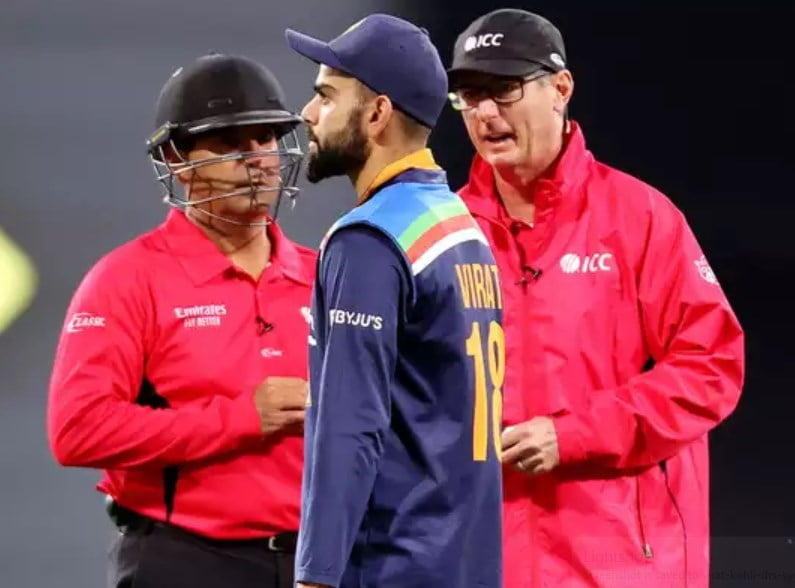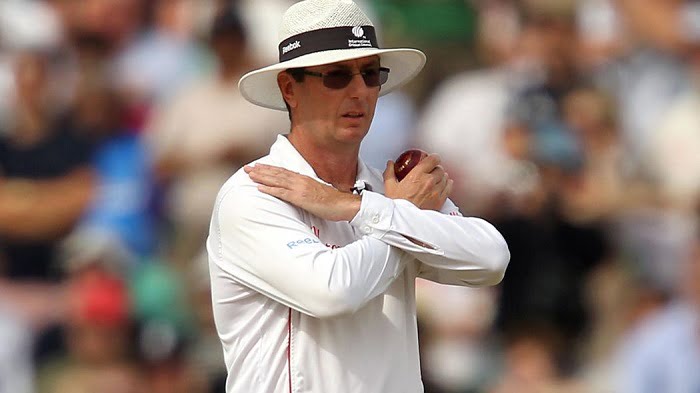On Thursday, the International Cricket Council (ICC) announced no changes in the contentious ‘Umpire’s Call’ being part of the Decision Review System but introduced a few changes to the current DRS protocols. Called “confusing” by the Indian skipper, Virat Kohli, the Umpire’s Call has raised quite a few controversies in recent times. As per the existing rule, 50 percent of the ball should be hitting at least one of the three stumps for the batsman to be adjudged LBW on review in case an umpire’s not-out call has been challenged.

In a statement regarding the same, ICC’s Cricket Committee head and former Indian captain Anil Kumble said, “The Cricket Committee had an enormous discussion around Umpire’s Call and analyzed its use extensively. The principle underpinning DRS was to correct clear errors in the game whilst ensuring the role of the umpire as the decision-maker on the field of play was preserved…Umpire’s Call allows that to happen, which is why it is important it remain.”
ALSO READ: Dawid Malan Shows Off His Thigh Five Celebration IN PBKS Nets
Kohli had argued that the batsman should be declared out if the hawkeye shows that the ball is hitting the stumps, even if marginally. However, the ICC introduced three minor changes to the DRS and third Umpire protocols.

Announcing the changes, the ICC stated, “For LBW reviews, the height margin of the Wicket Zone will be lifted to the top of the bails to ensure the same Umpire’s Call margin around the stumps for both height and width.”
This means that the review, which until now covered till the base of the bails, will extend to the top of the bails as well, effectively increasing the height of the wicket zone while predicting the trajectory of the ball. A player will also be allowed to ask the umpire whether the batsman had attempted to play the ball before deciding to review an LBW decision.
ALSO READ: Virat Kohli Joins His RCB Teammates In Chennai For IPL 2021 Opener
ICC also added, “The third Umpire will check a replay of any short-run that has been called and correct any error prior to the next ball being bowled. The committees noted the excellent performances by the home umpires over the past 9 months but encouraged the more widespread appointment of neutral Elite Panel umpires whenever circumstances allow.”
